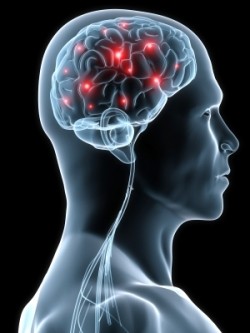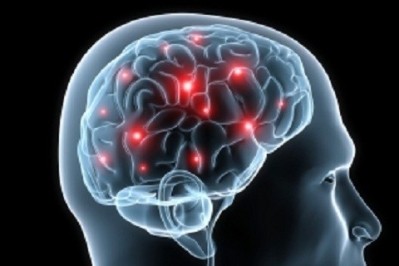Decaffeinated coffee may boost brain metabolism and functions: Mouse Study

The study – published in Nutritional Neuroscience – reports that decaffeinated coffee supplements may improve brain energy metabolism associated with type 2 diabetes by reducing the effects of high-fat diet-induced deficits in glucose-tolerance response.
Researchers led by Professor Giulio Maria Pasinetti of Mount Sinai School of Medicine, USA, explored whether dietary supplementation with a standard decaffeinated coffee preparation prior to diabetes onset improved insulin resistance and glucose utilisation in mice with a diet-induced model of type 2 diabetes.
“Our evidence is the first demonstration that dietary supplementation with a decaffeinated green coffee preparation may beneficially influence the brain, in particular promoting brain energy metabolic processes,” said the research team.
Pasinetti explained the findings show the potential benefits of decaffeinated coffee “for both preventing and treating cognitive decline caused by type 2 diabetes, aging, and/or neurodegenerative disorders."
Coffee cognition
There is accumulating evidence that coffee consumption may reduce risk for type 2 diabetes, a known risk factor for Alzheimer's and other neurological diseases, noted Pasinetti and his team.
Coffee consumption has also been associated with reduced risk for Alzheimer's disease and non-Alzheimer's dementias, they said.
However, the authors noted that the development of preventive and therapeutic strategies using coffee are “complicated by the cardiovascular side effects of caffeine intake.”
“As coffee is also a rich source of chlorogenic acids and many bioactive compounds other than caffeine, we hypothesized that decaffeinated coffee drinks may exert beneficial effects on the brain,” explained the researchers.
Study details
The teaminvestigated whether a dietary supplementation with a standard decaffeinated green coffee preparation (Svetol – Naturex) affects diet-induced insulin resistance and brain energy metabolism dysfunction in high-fat diet mice.
Pasinetti and his colleagues administered the supplement for five months, before evaluating the brain's genetic response in the mice.
Supplementation with the decaffeinated coffee was found to significantly attenuate the development of high-fat diet-induced deficits in glucose-tolerance response, reported the researchers.
They reported that the brain was able to more effectively metabolise glucose and use it for cellular energy, and also found markers of improved brain mitochondrial energy metabolism.
"Impaired energy metabolism in the brain is known to be tightly correlated with cognitive decline during aging and in subjects at high risk for developing neurodegenerative disorders," said Pasinetti, who noted he hopes to use further research studies to explore the preventive role of decaffeinated coffee delivered as a dietary supplement in humans.
Source: Nutritional Neuroscience
Published online ahead of print, doi: 10.1179/1476830511Y.0000000027
“Dietary supplementation with decaffeinated green coffee improves diet-induced insulin resistance and brain energy metabolism in mice”
Authors: H. Lap; V. Merina; W. Jun; Z. Wei; C. Fei; et al















